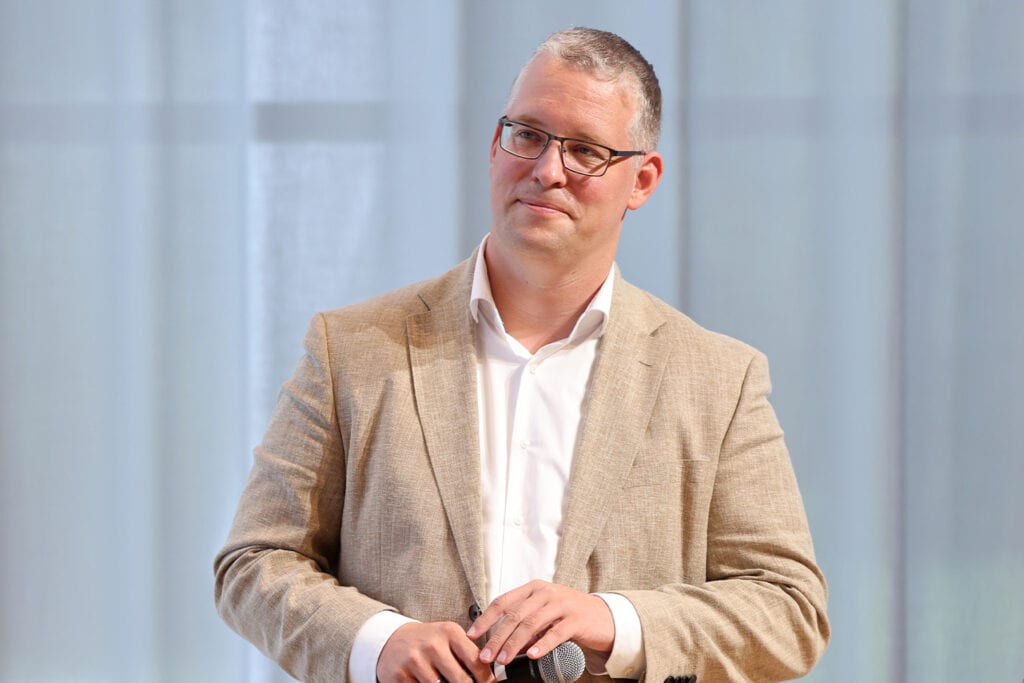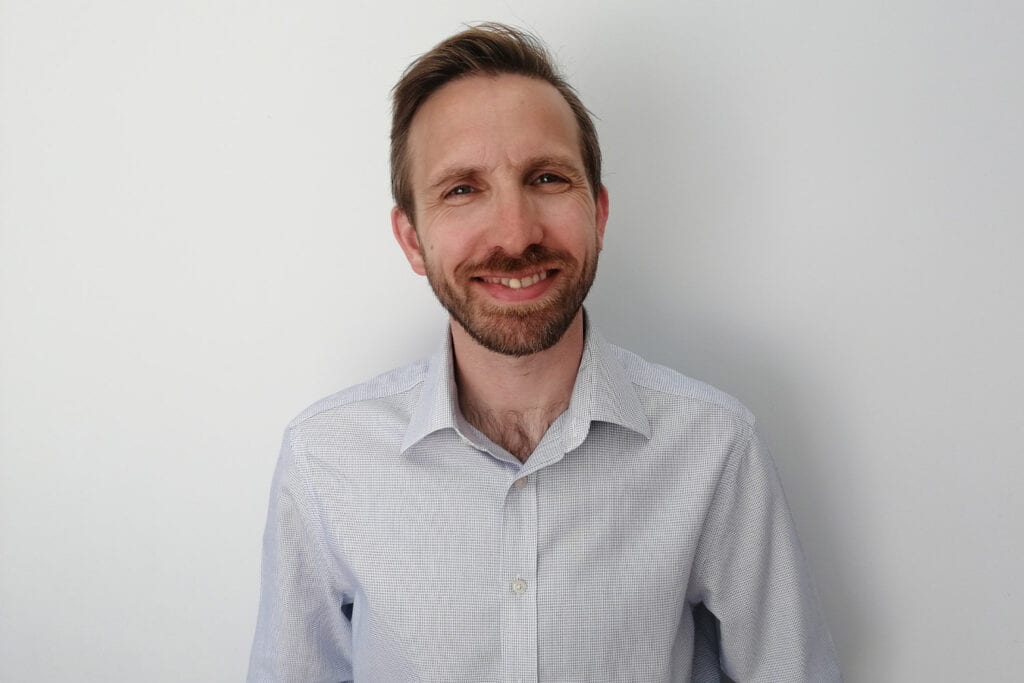
Effective management and planning of city regions represents a fundamental aspect of our urbanising and globalising world
The capacity of organisations in the urban and infrastructure sectors to respond to change and, where necessary drive it, is a key determinant of their ability to ensure sustainable outcomes. The need to thrive in the context of rapid population growth or, increasingly, significant demographic shifts, dominates the agenda of city managers.
Strong relationships. Practical, evidence-based strategies
We always drive towards long-term planning positions with authorities and associated delivery bodies, which allows our clients to take a more advantageous, proactive position when managing change.
In Detroit, for example, Buro Happold has played a critical role in the development of practical, evidence-based strategies for moving to an economically thriving and lower cost-base urban environment. This has led to the development of a programme management organisation able to take those strategies forward.
Regional and urban planning considerations
Strategic regional and urban planning focuses on capturing the competitive advantages of wider geographical areas. Unlike city masterplanning, its focus is on the importance of regional networks and establishing broader, mutual development objectives. It seeks to identify regional competitive advantages along with opportunities to align with national policies and budgets that can be drawn on to unlock them. At JingJin New Economic City and Sanhe Station in Asia, Buro Happold has assisted public delivery authorities and private sector developers in bringing forward innovative and employment focused-settlements and urban extensions tied firmly to the regional context.
A ‘total’ view from an integrated team
We integrate technical specialisms and manage projects that are locked to a number of, sometimes competing, time schedules. By using quantitative, GIS-based modelling to test scenarios we can link spatial character with less tangible components such as economic profile, education, health, access to open space and infrastructure demand.
Our support to the city of Riyadh has revolutionised the municipality’s style of government. This, while moving forward rapidly with a major programme of change focussed on quality of life in the city. In fact, in keeping with our technical background, all of our analysis and strategy development is underpinned by the full range of deep infrastructure design and engineering analysis available across our practice.
Our strategic planning services help our clients create a sustainable platform for development. Most importantly they maintain the opportunity for future generations to govern themselves and remain flexible enough to incorporate new planning practice and technologies as they emerge. Every city-region is different and we tailor our services to match our clients’ needs.
Our strategic planning services include:
- City Region Strategy Frameworks
Supporting city government or private sector city developers in setting strategic frameworks to manage complex and rapid change (growth, decline or transition) in multiple linked urban sectors (see Kama Tri-City) - System strategy and delivery
Identifying optimal configuration for new infrastructure systems or system extensions, and preparation of business and investment cases to secure funding (see BeMobility) - Programme delivery and organisation
Preparation of plans targeted at specific outputs in regional and urban systems and assembly of the organisations to deliver them. - Environmental management and integration
Development of action plans and long term strategies for environmental systems where they interface with human settlements and economic activity (refer Double Levee and Coastal Management Plan projects)




